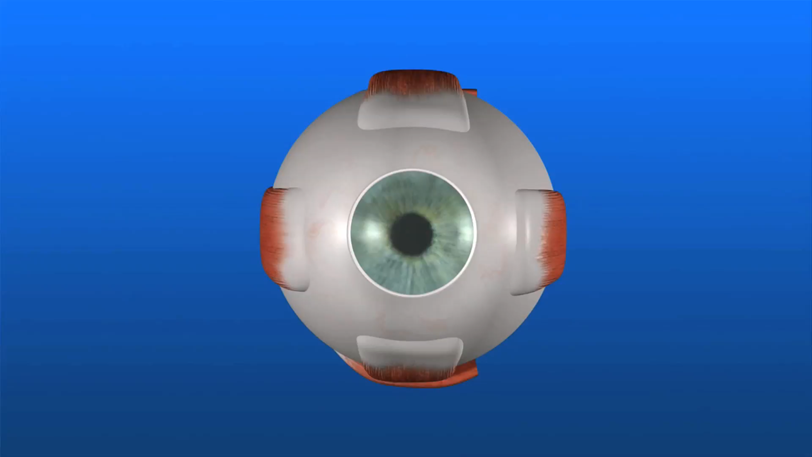By admin | Sep 21, 2018

Is cataract surgery something that I must have done?
Cataract surgery is not an eye emergency. It is a surgery that is done when a patient feels that their cataracts have now started causing visual problems. These symptoms include glare, halos, problems with distance/near, or glasses no longer helping correct vision If your ophthalmologist does a complete exam and finds that cause of these symptoms are due to a cataract, you will be informed. Then, it is up to you to choose if you would like to have cataract surgery or not. There are some instances where your ophthalmologist will recommend that you have surgery – one such instance includes if the cataracts have matured to the point where there is no view to see the retina. In most cases, it is the patient who decides it is time to have the surgery based on symptoms and impairment of quality of life.
How are cataract surgeries done?
A good analogy for the lens is a soft-boiled egg. During cataract surgery, an opening is made in the anterior lens capsule, the contents in the bag are removed, and an artificial lens is placed.
Using the analogy of the soft-boiled egg, an opening of the shell is made on one side of the soft-boiled egg, the contents within the shell is scooped out, and an artificial lens is placed in the hollow cavity. The back of the egg shell is left intact so that it can support the artificial lens until it secures itself in place – this generally takes a month or so.
How does my artificial lens work?
Our natural lens has the ability to flatten and round up, thereby being able to clearly focus images both up close and in the distance. The standard artificial lens is able to focus only at one distance clearly. This means you will have a discussion with your ophthalmologist if you would like to see clearly at distance or near. With a standard artificial lens, it is not uncommon to need glasses after surgery.
There are many other specialty lenses that are available today. Some of these artificial lenses correct for astigmatism. Some are multifocal lenses that allow you to see both at distance, intermediate and near. Specialty lenses have improved immensely over the year. However, none of these lenses work exactly like your natural lens. It is important for you to have a detailed discussion of all the benefits and potential problems that can occur with the implantation of these lenses. Also, not all patients are candidates for these lenses due to other eye problems. As long as expectations are correctly set, most patients are very happy with these specialty lenses.
How is the power of my artificial lens calculated?
The power of the intraocular lens is calculated for your individual eye. The quality of the measurements taken is extremely important. It is very important to follow all instructions given by your ophthalmologist in order to get the best possible measurements possible. Common concerns include: optimizing dry eyes and being out of contact lenses for a specified length of time. Sometimes, the measurements taken are re-verified. These steps are all done to ensure that you get the best possible outcome possible.
What is laser cataract surgery?
During the traditional cataract surgery, ultrasound is used to break up the lens and remove it. Laser-assisted cataract surgery is a procedure where the laser is used to assist in the process of cataract surgery. The laser can be used to help make the incisions to allow instruments to enter the eye. The laser can also be used to assist in the making of the opening in the anterior capsule, and in the breaking down of the lens. In some cases, laser assisted cataract surgery can lead to better accuracy. It is important to realize that laser assisted cataract surgery does not mean that it is an incision-free surgery. It is still necessary to make incisions to enter the eye, to remove the pieces of the lens, and to implant the artificial lens. Laser assisted cataract surgery also does not mean the laser machine does your cataract surgery – it just assists the surgeon in certain steps. Many people are happy with laser assisted cataract surgery. Your ophthalmologist will have a detailed discussion with you, and then you will be able to decide if laser assisted cataract surgery is the best choice for you.
What will the postoperative period be like?
You will be scheduled for multiple postoperative visits with your eye doctor so that the progress of your surgery can be carefully followed. You will also be asked to take eye drops after your surgery. Your ophthalmologist will give you clear instructions as to how these drops should be taken. It is very important that you follow these instructions very carefully. You will also be given certain restrictions such as limitations on how much weight you can carry, if you can bend, or if you can wash your hair/get water in your eyes. You may also be asked to wear an eye shield at night. The purpose of all these precautionary measures is to make sure your incisions heal properly and minimize the changes of infection.
(Protective Eye Shield)
In the interest of maintaining further transparency and providing a wide breadth of information to our patients and providers, this blog will serve as an educational and informative resource on interesting happenings within Retina Consultants of Boston and in the greater field of Ophthalmology.
Here at Retina Consultants of Boston, Dr. John J. Weiter and Dr. Namrata Nandakumar are on the forefront of diagnostic techniques, treatment and micro-surgical techniques for macular degeneration, diabetic retinopathy, retinal detachments, macular holes, and a number of other issues affecting the vitreous and retina. Check back here frequently for news and updates on our practice and all things retina!